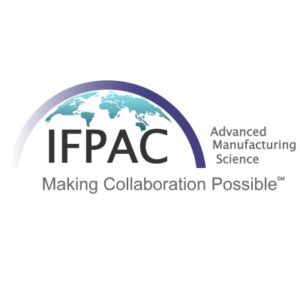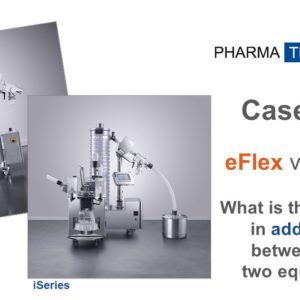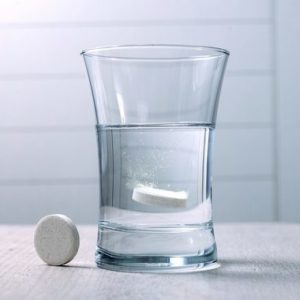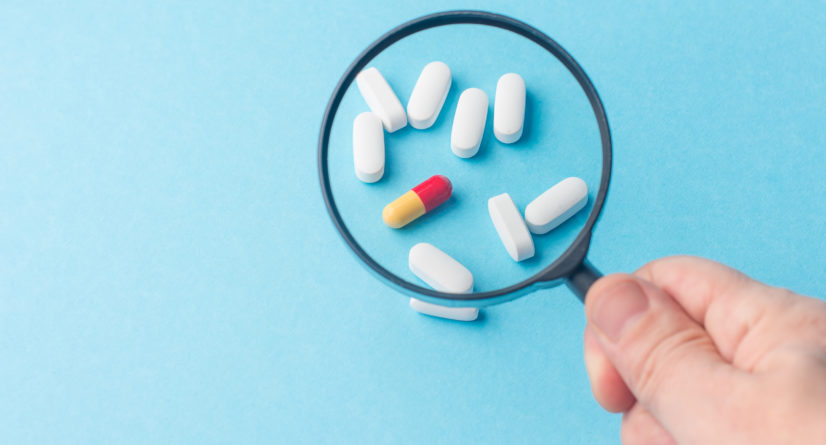 Exhibition | IFPAC Washington – MAR 02 to MAR 05, 2025
Exhibition | IFPAC Washington – MAR 02 to MAR 05, 2025
Join us at IFPAC in Washington – March 02-05!…
 Pharma Technology nominated as Trends Gazelle 2023
Pharma Technology nominated as Trends Gazelle 2023
Pharma Technology has been once again nominated as Trends…
 eFlex vs. iSeries
eFlex vs. iSeries
The Challenge Today we often hear about intelligent machines,…
 What is Crucial in the Success of Automatic Visual Inspection?
What is Crucial in the Success of Automatic Visual Inspection?
The Benefits of Automated Visual Inspection over Manual Inspection…
 Exhibition | Achema - Frankfurt, Germany - June 10-14, 2024
Exhibition | Achema - Frankfurt, Germany - June 10-14, 2024
Embark on a journey of innovation with us at…
 What are the advantages of external lubrication VS blending lubricant?
What are the advantages of external lubrication VS blending lubricant?
Introduction In this paper, we will analyze the advantages…

The pharmaceutical solid dose manufacturing process is increasingly fast-moving and competitive field. Trending towards continuous manufacturing, counterfeiting and low dose active pharmaceutical ingredient (API) products result in increasing demands on the product quality and require accurate and rapid inspection technologies. Our Quality Control solutions by Pharma Technology provide 100% inspection of each individual product and enables Quality by Design (QbD) and Final Quality Inspection (FQI) solutions.

The increasing demand of sampling in continuous manufacturing raises the costs and analytical effort in the lab to release the product. Measuring each individual tablet in terms of mass and API fraction enables the knowledge of the Content Uniformity (CU) and supports the Real Time Decision (RTD). Even Out of Specification (OOS) trends – caused by upstream process steps – can be identified and looped back avoiding non-conforming production. If errors were identified too late, Q-Control can be used as Batch Savers removing all non-conforming product from the batch.

One major goal of each pharmaceutical company is to optimize their production process in terms of efficiency, costs and consistency. By use of Q-Control technology, the cost-intensive analytical effort in the lab can be minimized. Fast and easy data acquisition off-board the production line in the Design of Experiment (DoE) provides a rapid image of the influences of Critical Process Parameters (CPP) on the Critical Quality Attributes (CQA) and helps to identify the Design Space (DS).

Inspectors regularly check in detail that the inspection tools used has been verified and that all corresponding data have been stored accordingly. Further data requirements include integrity, traceability and counterfeiting. Q-Control machines ensure the highest standards of data protection. USP and EMA NIR verification tests, such as wavelength accuracy and repeatability, photometric noise and high/low flux are included in the software. In addition to microwave resonator calibration, additional product sampling is applied to determine the mass using a highly accurate laboratory scale and to maintain the calibration regression. For the laser scanner, special test bodies can be inserted into the machine to ensure accurate thickness and diameter/length measurement.
The Q-Control series consist of three inspection machines:
The most sophisticated multipoint NIR-SRS (Spatially Resolved Spectroscopy) is embedded to allow prediction of the Active Pharmaceutical Ingredients (APIs) fraction in the tablet’s formulation. The benchmark machine is dedicated for process design and for use in the lab and in the process. The maximum throughput of the CUB-20 is 20.000 tablets per hour. It allows automated sampling at regular intervals and more product to be tested in a short period (faster control strategy), easy determination of optimal NIR measurement setup by Laser scanner, easy model creation and transfer to CU-120.
New and innovative in-line solution designed to ensure the quality of each individual tablet or capsule weight for up to OEB 3 level products. The CW-150 contains a 3D microwave resonator and measures the individual weight from each single tablet or capsule up to a speed of 150.000 objects per hour. All non-compliant products can be rejected. The machine can be used as a Final Quality Indicator or as a Quality by Design approach to shorten the Real Time Release. In the off-line mode the CW-150 can be used as a Batch Saver.
Each product is inspected by the multipoint NIR-SRS “near-Infrared spatially resolved technology” probe to predict APIs fraction and by a 3D microwave resonator allowing to measure individual weight. Additional Laser Scanner technology allows the 100% measurement of the tablet thickness and diameter/length. The machine can be used as a Final Quality Indicator or as a Quality by Design approach.